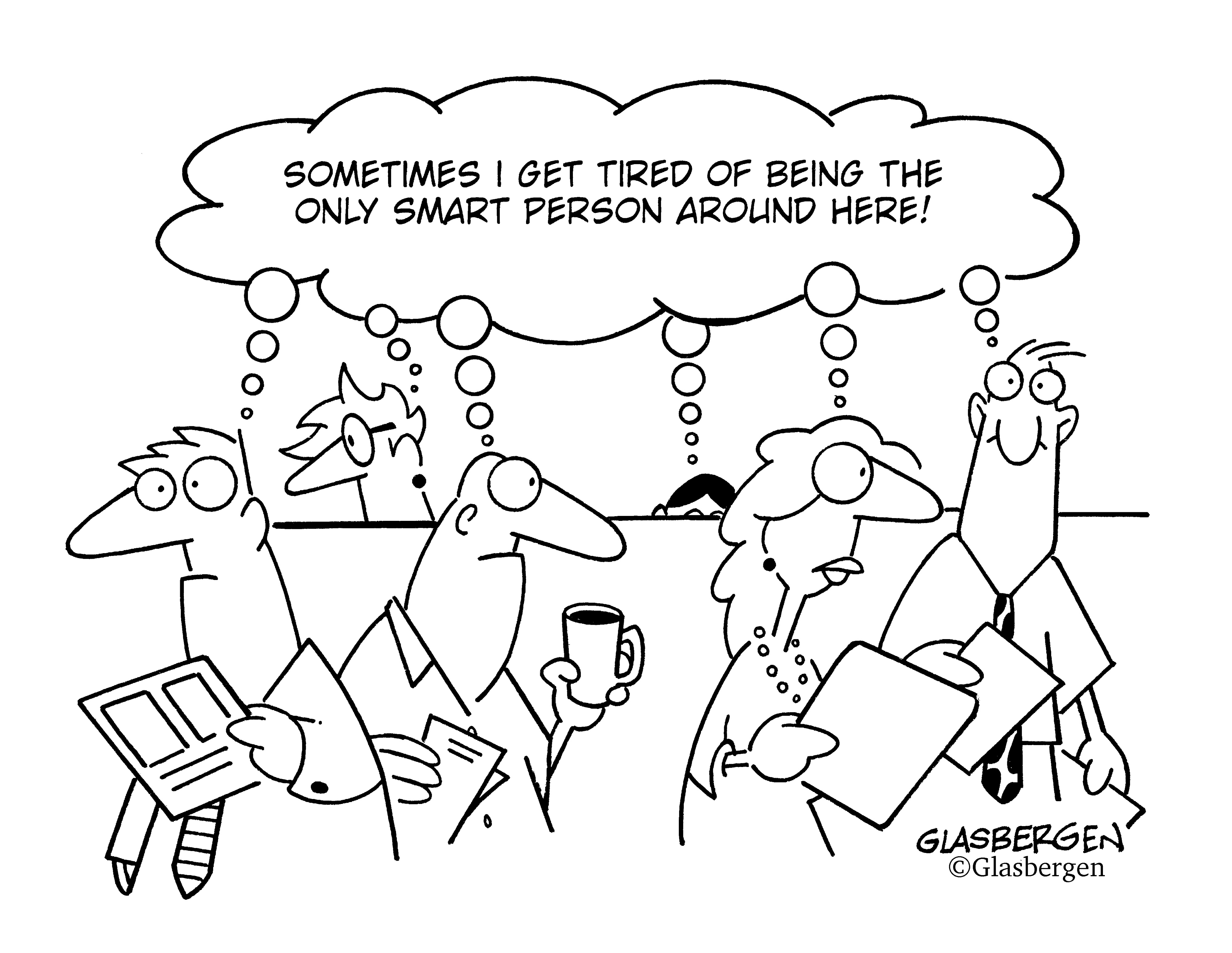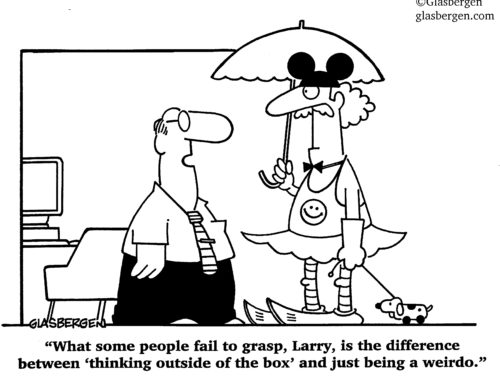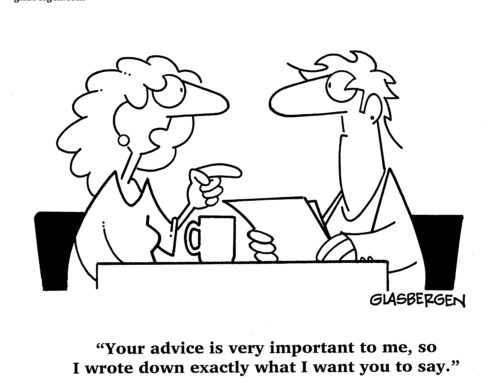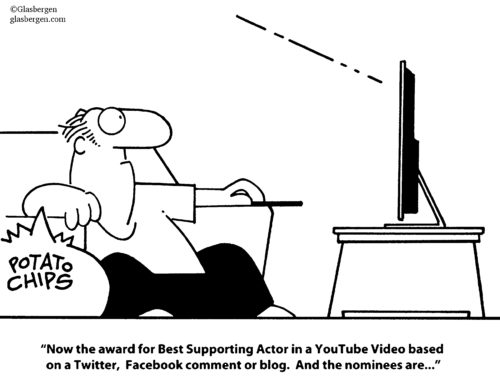How much do our expectations affect the way we relate to people? Maybe more than we think.
You’ve worked with Jim for the past five years and during that time you’ve had quite a few issues with the quality of his work and the fact that he frequently misses deadlines or needs you to bail him out because he hasn’t planned his work properly. Although you’ve tried your best to keep friendly and avoid a conflict which might be awkward for everyone on the team, you’re finding it harder and harder to be civil when Jim talks to you.
Your expectations of Jim and his attitude to work starts to influence your communication with him. With the best will in the world, it’s hard to be excited when you see him approaching you and if you don’t resolve your issues with him soon, things will probably take a downward turn.
This sort of scenario is one way that conflict escalates in the workplace and is a good reason for resolving things quickly and not allowing unmet expectations to go unchallenged. A little clear communication about what you expect from your working relationship with Jim, together with how you feel when his lack of organisation affects your workload, can go a long way towards keeping the atmosphere positive and preventing conflict. You could also change Jim’s expectations of you and explain that you will not be prepared to complete his work in future unless there’s a very good reason.
Having realistic expectations of people can save us a lot of anguish in the long run. Surprisingly, people can’t read our minds, so being disappointed that someone didn’t realise that we expected them to do something we hadn’t actually asked them to do is not fair! If you’re like me, though, you are guilty of this sometimes.
Stop and think about your expectations of each of your colleagues – how do they affect the way that you relate to them individually and how does that affect the team’s morale and motivation to work together collaboratively?



